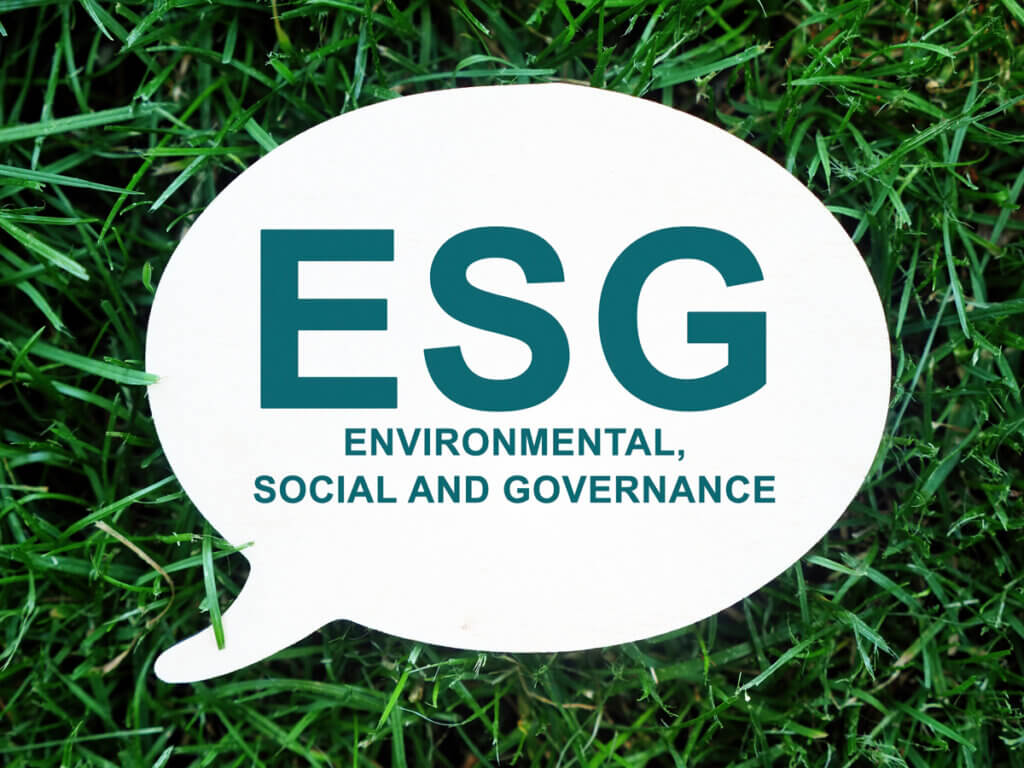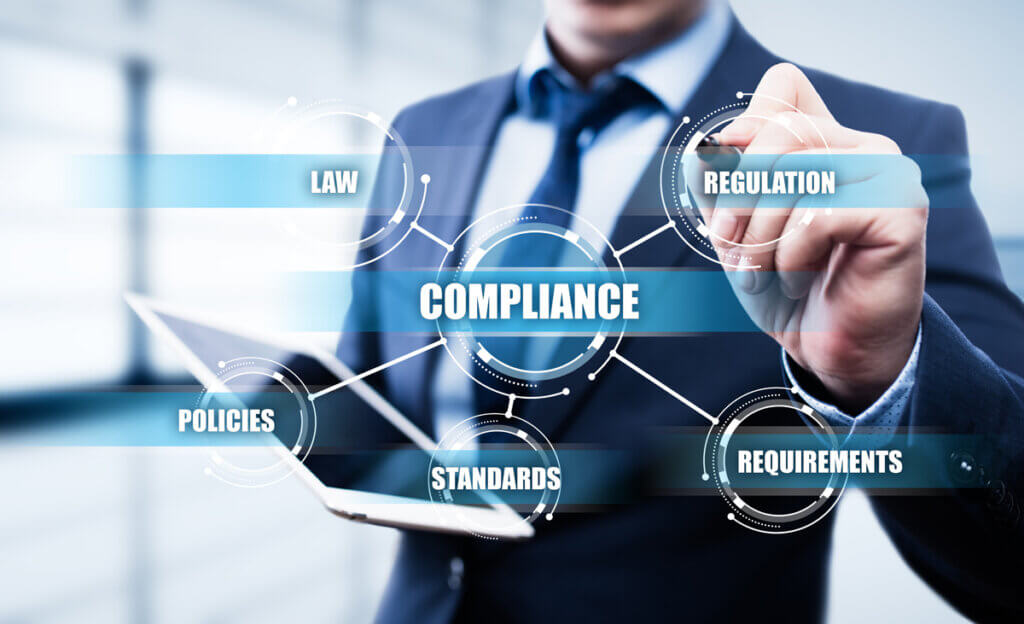Why Should Investors Consider ESG Stocks?
Investing in stocks with a high Environmental, Social, and Governance (ESG) rating and track record may be the most sensible approach in the long run
ESG investments represent a shift toward supporting companies that consider long-term sustainability as part of their operations, while also acknowledging the risks of unintended outcomes that could happen if an organization were to fail to take ESG factors into account.
While reviewing ESG was at some point considered more of a goodwill initiative on the part of investors, it is now acknowledged as a crucial aspect in the long-term success of a company. Therefore, ESG integration with traditional stock analysis is essential.
The financial performance of socially responsible investments does not result in lower returns either, as illustrated by studies like the one of RBC GAM, and the ones conducted by Morningstar, CNBC, and Arabesque, which indicate that ESG strategies have proven that they can beat the market.
Socially responsible investing is attractive to investors not only in terms of a company’s profitability over time, but also for employees seeking to work for a company aligned with their environmentally and socially sustainable values –thus reducing low morale due to cognitive dissonance– and for the communities that host or are shaped by the presence of a company.

For people considering entering the stock market or expanding their portfolios, an investment that is sustainable, such as ESG stocks with a strong track record of corporate social and environmental responsibility, is a sensible way to pursue financial goals, even in recession times.
Factors to consider when evaluating the ESG strength of an investment include:
- Environmental: This includes actions taken by companies surrounding issues such as pollution (i.e. oil spills, release of toxic chemicals, greenhouse gas emissions), use of environmentally-friendly products, organic components, land use and how operations contribute to land conversion, waste generation and disposal, and the exclusion of activities like fossil fuel extraction, animal testing, nuclear energy, genetically-modified organisms, palm oil and tobacco growing, among others.
- Social: This dimension includes community outreach and support, labor conditions of employees and workers involved in the supply chain, diversity in the workplace and how that is encouraged during the employee selection process and retention/promotion efforts, community development, gender aspects, occupational and community health and safety management, and the exclusion of activities like gambling, controversial weapons, alcohol, and adult entertainment, among others. The use of conflict minerals by a company, for instance, illustrate the importance of supply chain working conditions.
- Governance: This includes aspects like the composition of boards of directors, the existence of potential conflicts of interest, transparency about policies in place, application of codes of ethics, anti-corruption provisions, grievance mechanisms, adherence to company values, reporting arrangements, norms-based screening, and cybersecurity risk management procedures, among others.

Labor Conditions of Employees and Suppliers
A strong ESG track record also indicates a company’s strong dedication to maintaining adequate employee work conditions and a commitment to diversity and the local community.
The reputational risks associated with companies engaged in child or forced labor as part of their production processes or acquisition of raw materials, for instance, which are prevalent in industries like agriculture, garment making, and mining, could cause catastrophic damage to a company when it becomes known that its local suppliers engage in these types of practices.
[wp_ad_camp_4]If a company’s executives knew of such potential human rights violations and chose to cover them up, ignore them, or fail to take proactive steps to investigate the allegations, and take corrective actions based on the findings of such investigations, this would be particularly damaging for the company, and the performance of its publicly traded shares in the stock market.
The public may not accept this type of inactivity, which may lead to negative press, company boycotts, the firing of top executives, lawsuits, regulatory actions and fines, among many other potential adverse effects that could seriously affect the prospects of a company.

Considering the Long-Term Prospects
The good reputation that comes with maintaining socially and environmentally beneficial policies, along with clear governance setups, can help companies thrive over time, help them obtain tax benefits in some cases, and experience profitable financial returns over the long term.
The flexibility and awareness of companies with strong ESG ratings also indicate that they can adapt throughout changing times, and potentially take advantage of regulations aligned with ESG factors. A company transitioning to clean energy, for instance, may fare better than a similar one that remains committed to using fossil fuels as society transitions to renewable energy.
Companies with a strong ESG track record also instill a sense of faith in investors, employees, suppliers, and business partners. This trend is likely to intensify as the new generations that grew up with greater levels of social and environmental awareness, such as Gen Y (Millennials) and eventually Gen Z, become involved as investors in the stock market.
Competitors that fall behind in upholding the ESG factors that are increasingly important to investors, the government, and society, risk facing a context with a growing gap between the values of those stakeholders and the business practices of such companies, which could encourage many stakeholders to look for alternative firms with better ESG records.

Finding the Right ESG Investments
There are many resources available to investors to learn more about which socially responsible investing options are potentially suitable for their financial objectives. These include:
- The Motley Fool’s Overview on ESG stocks
- The CFA Institute overview on investing in ESG products
- Sustainalytics’ ESG research and ratings
- MSCI Principles of Sustainable Investing
- Morningstar’s ESG research reports
- The S&P Global Indices on ESG investments
- Responsible Investor‘s ESG Magazine
The following websites can help investors get started in assessing the ESG ratings and performance of specific stocks, mutual funds, bonds, and Exchange Traded Funds (ETFs):
- Yahoo Finance’s Sustainable and Ethically Responsible Companies
- MorningStar’s ESG Screener
- Articles with ESG ratings, such as the ones of IBD
- Deforestationfreefunds.org
- Genderequalityfunds.org
- Weaponfreefunds.org
- Tobaccofreefunds.org
- Fossilfreefunds.org
For investors interested in both financial performance and socially responsible investing with strong corporate governance, ESG stocks are something to consider adding to their portfolios, seizing their benefits and reducing ESG risks, while also caring for people and the environment.
This and other related topics are explained in greater detail in the book “How to Invest in Stocks: A Beginner’s Guide to Making Money and Managing Risk in the Stock Market,” available in hardcover, paperback, and digital editions.
Disclaimer: The contents of this article are provided for educational purposes only and are not intended to be investment, tax, or legal advice. Any action taken upon the information on this article is strictly at your own risk. Readers interested in obtaining investment advice should seek a duly licensed investment advisor.

